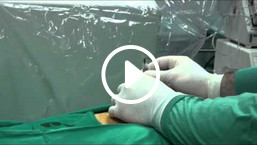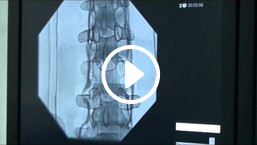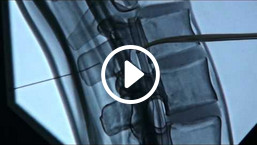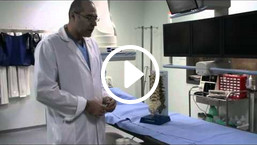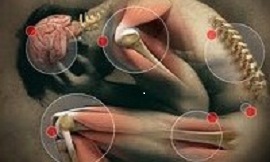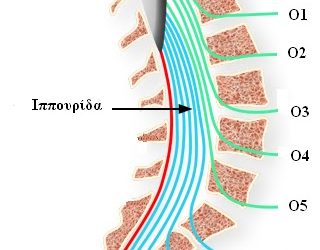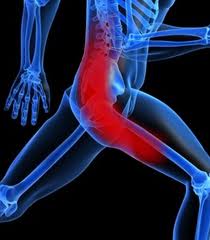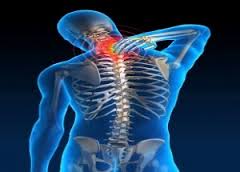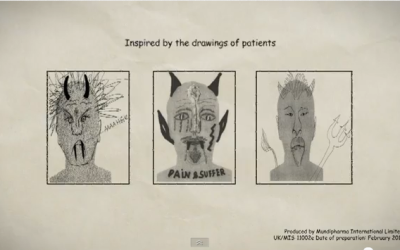Minimally Invasive Procedure for Herniated Disc Outperforms Non-Surgical Treatments 1 and 2 Years Later
By: Staff Writer

Dec 7, 2009 (Spine-Health) — A minimally invasive treatment called percutaneous disc decompression provides more long-term relief for back pain and leg pain (sciatica) resulting from a herniated disc than traditional, non-surgical treatments, according to new findings.
As recently presented at the annual meeting of the Radiological Society of North America (RSNA), a randomized, controlled study involved approximately 31 patients (17 men and 14 women with a mean age of 36) who complained of back pain and leg pain (sciatica). All of these patients experienced symptoms that did not respond to previous non-surgical treatments and had MRIs that confirmed herniated discs and sciatica.
In the study, the patients were split into two groups, one of which underwent six intensive weeks of non-surgical therapy consisting of analgesics, anti-inflammatory drugs and muscle relaxants.
The other group was treated with percutaneous disc decompression, an outpatient procedure that is performed with patients under local anesthesia and by interventional radiologists who use imaging guidance to puncture a bulging disc through the skin and then deflate the disc by either dissolving it or removing tissue.
The study then followed up with the patients at 3 months and 1 and 2 years following treatment to assess pain relief, mobility improvement and quality of life.
According to the study’s findings, both groups reported reduced pain and increased mobility up to 12 months after their respective treatments. However, this pain relief was not sustained in both groups.
More specifically, patients who received percutaneous disc decompression said that their symptoms continued to improve 1 and 2 years after treatment. On the other hand, patients who received the non-surgical treatments noted that their mobility had decreased while their initial pain levels had returned 12 months after treatment.
According to one of this study’s researchers, these findings indicate that percutaneous disc decompression provides needed space for the nerve root to heal from a herniated disc, which occurs when a disc’s inner core extrudes through its outer core and comes in contact with and irritates the nearby nerve root.

